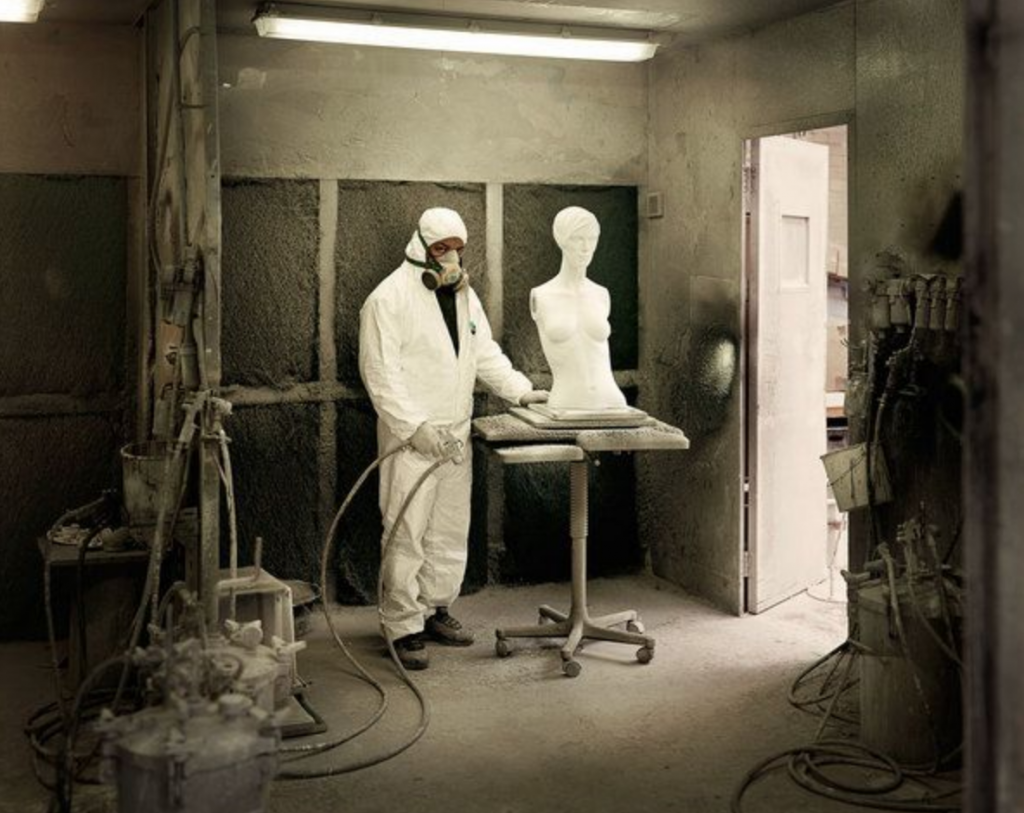
It’s long past when faculty in doctoral degree-granting schools in our field need to start reconsidering what it is that we’re doing in graduate education.
I’m hardly the first to say that, I know.
But in our Department we have a new MA degree and we’re trying to do something about it — not in some ad hoc fashion, or only on a case-by-case basis, but in a manner that is institutionalized and, hopefully, will have long term effects.
Sure, the institution that has produced us professors — all the way from K-12 to all those years we each spent as students in higher ed ourselves — needs a new generation of people to populate it after we’ve gone, so we all certainly understand the common presumption that we’re here to recreate ourselves and our institution, i.e., faculty using their specialized and surely hard-won skills to train the next generation of specialists who will follow us in studying this group, that language, this text, or that set of practices.
In a word, we tend to define our, and our students’, competencies and accomplishments by the data domains that we each happen to study.
You’re an Islamicst and she studies Christian origins, while he’s a Buddhologist they’re Americanists.
Our whole system is premised on this — just take a look at the tracks of almost any doctoral degree granting institution (not to mention undergrad curricula or the program units of our professional associations). But in the midst of that — and thus regardless what we each study — we’re hopefully all teaching students how to describe, compare, interpret and explain, while insisting that they know how to read carefully, write well, and are up to the task of chasing down the details in the footnotes. So, as I’ve written before, we’re giving them skills of significant (and often overlooked) value — not just skills as some secondary or merely convenient means to convey the precious cargo of their field of study.
For, if you think about it, in many cases, their object of study is just an arbitrary site to demonstrate their rigorous methodological competencies, no? Isn’t that largely what writing and defending a dissertation is actually about…?
So it seems to me that we’re remarkably well positioned to do far more than just (re)produce Islamicists and Americanists. But it’ll take a little imagination on our part, such as those faculty members who only derive satisfaction when their grad students land tenure-track jobs — instead of priding ourselves with the sometimes entrepreneurial ways that they can put the skills gained in our classes, working on the dissertations that we supervise, to work in carving out lives of their own, in who knows what career or profession.
Now, whether it’s worth getting a Ph.D. (we all know the expenses that can often be associated with it these days) to then also have to do this sort of inventive work is a gamble worth mulling over, of course, but because all of our current graduate students more than likely see these very real challenges ahead of them, well, then perhaps every graduate degree program, right now, ought to be keeping eyes on our students’ two sorts of future: one in and the other well out outside of academia.
So if we take a break from assuming that our job, as faculty members, is to replicate ourselves and, instead, decide that our job is to help our students develop autonomous lives and careers of their own making, putting their hard-won skills to work, then how might we rethink graduate education in the study of religion? For none of us controls global market forces or state legislatures’ spending habits, but we do exert considerable control over what our students read and learn, how we structure our programs, and the ways we assess their’ performance.
As for us here in Alabama, our MA students will become as conversant in applying social theory to their area of interest in the study of religion as they will be in using digital tools to convey their findings. So we’re pretty eager to see what they’ll do with this set of skills — apply to your doctoral program, perhaps, or maybe get a cool job working at a hip software company that values what we’re offering in the humanities. And while we know that we’ve hardly solved the problem, we’re trying to be pretty intentional about knowing that there’s a problem to be solved.
So the question is: what’s your Department doing about all of this…?
(And if you’ve got an answer then I’d love to hear from you and solicit a guest post for this site…)